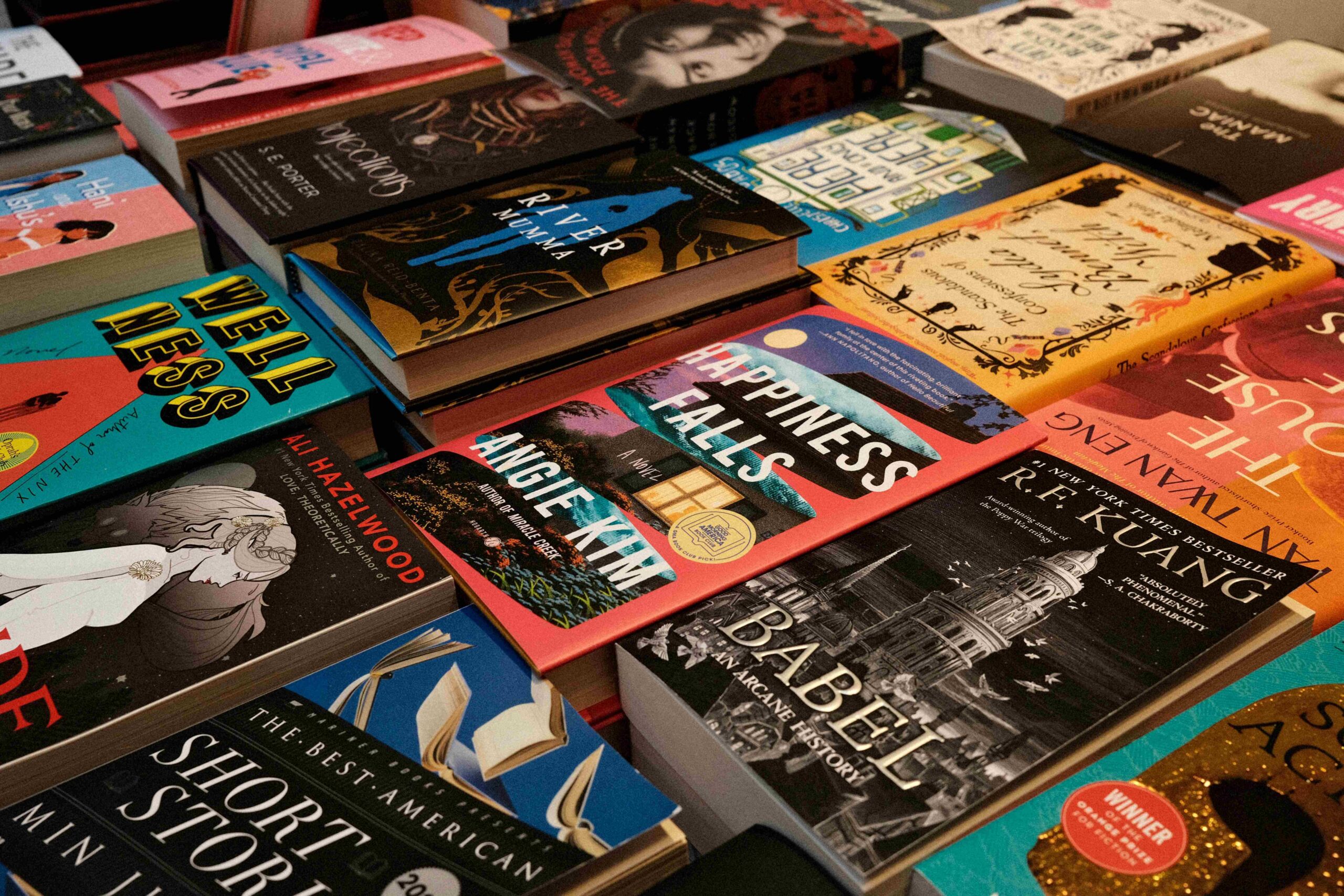Summary
Life isn’t simple anymore. We live in a busy, stressful world full of anxiety and pressure. Fiction is a peaceful doorway to escape from all that. It improves brain health, increases focus, builds empathy, and gives joy. Fiction may not directly bring you money or a job, but it brings something just as valuable — a better mind, more emotional strength, and deeper understanding of others. Reading fiction changes your life from the inside out.
The Big Question: Is Fiction a Waste of Time?

There is a serious debate going on out there. People say there are no real-world benefits—no job, no money—so why waste time on it? why people read ? That’s the million-dollar question: Why read fiction?
Let’s explore the answers backed by psychology, science, and human experience.
Introduction: Why Do Humans Love Stories?
Since the beginning of human history, people told stories.
Long ago, people sat around fires and told stories to teach lessons, share history, or explain the world. Stories helped people stay connected and feel part of a group. Fiction is a modern version of those old stories. It’s a part of our culture and growth as humans. So from ancient to modern world, fiction entertains us. You must have been very keen listening to stories from your grandma. Do you think why? There is a subconscious mind that wants to hear stories.
What Is Fiction?
Fiction is comfort and creativity. In the modern world, it is an escape from a stressful life. It gives us space to open the door to imagination.
Fiction usually means made-up stories with imaginary events or characters. This includes novels, short stories, novellas, and tales that either stretch reality or create new ones. Fiction may be inspired by real life or completely fantasy-based, but its goal is to spark creativity and help us explore the unknown.
1. The Psychological Appeal of Fiction
Humans are naturally wired to love stories. From bedtime tales to gripping novels, stories awaken our emotions and imaginations. They give us a safe way to explore new ideas and reflect on our own experiences.
2. Escaping Reality: The Healing Power of Fiction
From office to home, stress is everywhere. Today, we have become less human — more like machines.
Fiction helps us step into a new world. It offers an emotional and mental break. According to a 2023 study by the University of Sussex, reading for just six minutes can reduce stress by up to 68%.
It’s not running away from problems — it’s healing the brain so you can face them better.
3. Fiction Builds Empathy and Emotional Intelligence
When you read a character’s journey — their pain, dreams, and struggles — your brain mirrors their feelings. This is called Theory of Mind, and it helps you understand others better in real life.
Psychologists like Raymond Mar and Keith Oatley found that fiction readers score higher in empathy tests. You don’t just watch someone’s life — you live it through their eyes.
4. Learning and Expanding Knowledge
Fiction may be imaginary, but it often reflects real experiences. Writers base their characters on real emotions, cultural settings, and human behavior.
Whether it’s understanding war through All the Light We Cannot See or identity through The Namesake, fiction increases your knowledge of the world in an emotional and meaningful way.
5. Entertainment, Joy, and Inner Satisfaction
One simple truth — fiction is fun.
A good book gives you joy, makes you laugh, cry, feel alive. Unlike scrolling through social media, it leaves you satisfied.
6. Fiction Boosts Creativity and Imagination
When you read fiction, your brain starts to imagine worlds, scenes, and emotions. It’s like a workout for creativity. This improves your problem-solving skills and helps you think outside the box.
This is especially true for young readers — fiction can shape future thinkers, artists, and innovators.
7. Self-Reflection Through Fiction
Have you ever read a character’s story and thought, “That’s exactly how I feel”? Fiction gives us a mirror to look at our own lives. It makes us ask questions like:
- Am I making the right choices?
- What do I value most?
- What would I do in that situation?
This kind of reflection builds emotional strength and maturity.
8. Social Bonding and Connection
Fiction brings people together. Whether it’s a book club, a comment section, or a late-night chat with a friend about a character, stories create emotional bonds.
They help us feel less alone and more connected to others.
9. Cognitive and Brain Benefits
Reading fiction lights up many areas of your brain:
- Language center
- Memory and attention span
- Visual imagination
- Emotion-processing centers
Long-term readers have better focus, critical thinking, and stronger mental flexibility. It’s like brain yoga — calm and powerful.
10. Fiction as a Therapeutic Tool
In therapy and healing practices, fiction is now used as a tool to help people cope with trauma, anxiety, and emotional blocks.
This is known as bibliotherapy, and it’s becoming more common in schools and hospitals. Reading the right story at the right time can offer comfort, hope, and direction.
Fiction as a Window into Human Nature
Fiction explores what it means to be human. It reflects on identity, morality, love, pain, and the human condition. From ancient myths to modern novels, fiction has helped people understand themselves and others.
Why Fiction Endures Across Time and Cultures
Every culture, from ancient tribes to modern cities, has stories. They teach us values, preserve our history, and entertain our minds. Fiction keeps this tradition alive.
Its power lies in its timelessness — a good story can live forever.
How to Start Reading Fiction (Even If You’re New)
- Start with short stories or novellas
- Choose genres you enjoy (mystery, romance, sci-fi)
- Read 15–20 minutes a day
- Use audiobooks if you’re too busy to read
- Join an online or local book club
📚 Fiction Recommendations for Beginners
- The Alchemist by Paulo Coelho — a spiritual journey of hope
- The Curious Incident of the Dog in the Night-Time by Mark Haddon — unique perspective on life
- Eleanor Oliphant Is Completely Fine by Gail Honeyman — a story about loneliness and connection
- The Giver by Lois Lowry — dystopian fiction with a moral message
Conclusion: Fiction Is Not Just Imagination — It’s Transformation
Fiction isn’t just something we read; it’s something we live, feel, and carry with us. Its power lies in its ability to calm the mind, awaken the soul, and connect us with others and ourselves. It is very easy to why we read Fiction & enjoy in this hectic world.
In a world full of facts, fiction reminds us what it means to be human. Here is Blog where author share his personal experience. you can check out our Another article is reading a Fiction a waste of time, what are the best books for self development
FAQs
Is reading fiction better than watching TV?
Yes. Reading activates deeper imagination and mental engagement than passive watching.
How often should we read fiction for mental benefits?
Try to read at least a few times a week. Even 15 minutes a day makes a difference.
Can fiction improve intelligence?
Yes. It enhances vocabulary, comprehension, empathy, and creative thinking.
Why do some people dislike fiction?
Some may find it too slow or prefer facts. But the right story can change their mind.
Is fiction just entertainment?
No. Fiction is education, therapy, creativity, and emotional connection — all in one.

